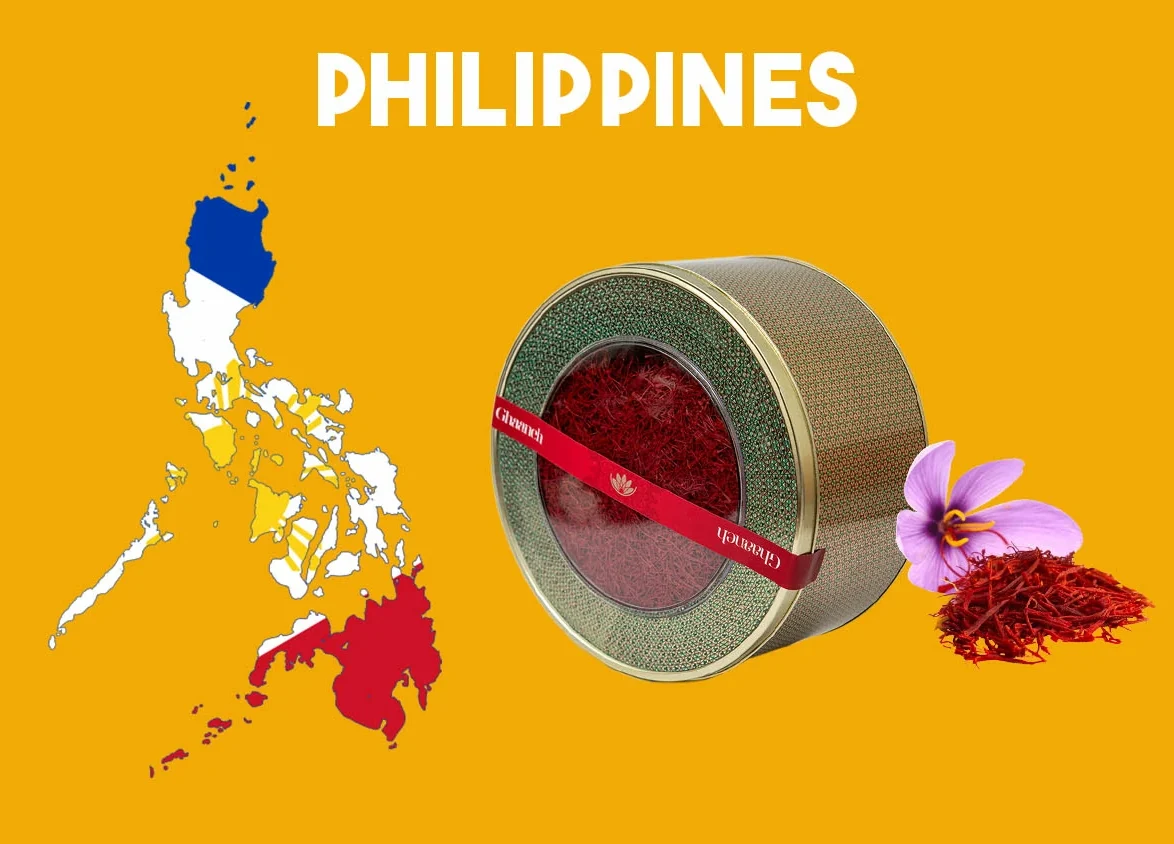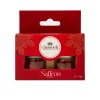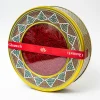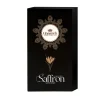In the quest for flawless skin, individuals often turn to various skincare products and treatments to combat common issues like acne, dark spots, and sensitivity. However, amidst the myriad of options available, one natural remedy stands out for its remarkable healing properties – saffron.
Renowned as one of the world’s most expensive spices, saffron not only adds flavor to culinary dishes but also offers a plethora of saffron benefits for skin health. This article delves into the therapeutic potential of saffron for acne-prone skin, highlighting its anti-inflammatory, antioxidant, and antimicrobial properties, and how it can revolutionize skincare routines for individuals of all skin types.
Understanding Acne and its Impact
Acne, a prevalent skin condition affecting millions worldwide, can manifest in various forms, including pimples, blackheads, and dark spots. It is not only a physical concern but also takes a toll on one’s self-esteem and confidence. Acne occurs due to factors such as excess oil production, bacterial infection, and inflammation, making it essential to address these underlying causes for effective treatment. Additionally, individuals with sensitive skin may experience heightened irritation and redness, exacerbating acne flare-ups and further complicating skincare routines.
The Healing Power of Saffron
Derived from the delicate strands of Crocus sativus flowers, saffron boasts a rich history of medicinal use dating back centuries. Its vibrant golden hue is indicative of the potent antioxidants it contains, which help combat oxidative stress and protect skin cells from damage. Furthermore, saffron possesses anti-inflammatory properties that can soothe redness and inflammation, making it particularly beneficial for individuals with sensitive skin prone to irritation. Additionally, its antimicrobial properties make it effective in combating acne-causing bacteria, thereby reducing the frequency and severity of breakouts.
Benefits of Saffron for Different Skin Types
One of the remarkable aspects of saffron is its versatility in catering to various skin types. For individuals with dry skin, saffron’s moisturizing properties help hydrate and nourish the skin, restoring its natural radiance and improving overall texture. Conversely, for those with oily or acne-prone skin, saffron regulates sebum production and unclogs pores, reducing the risk of breakouts and promoting clearer skin. Additionally, saffron’s ability to improve skin elasticity can benefit individuals concerned about premature aging and loss of firmness, imparting a youthful glow and smoother complexion.
Integrating Saffron into Skincare Routines
Incorporating saffron into skincare routines can yield numerous benefits for skin health and appearance. Commercial skincare products infused with saffron extract or oil offer convenience and efficacy in targeting specific concerns like acne, dark spots, and uneven skin tone. Alternatively, DIY skincare recipes using saffron can be customized to suit individual preferences and address specific skin concerns. When applying saffron topically, it is advisable to dilute it with carrier oils like coconut oil to maximize its absorption and minimize the risk of irritation. Gentle, circular motions during application ensure even distribution and enhance the efficacy of saffron in promoting radiant, healthy skin.
Addressing Specific Skin Concerns
Dark spots, a common concern for many individuals, can be effectively treated with saffron due to its skin-brightening properties. Regular use of saffron-infused products helps fade dark spots and even out skin tone, revealing a more luminous complexion over time. Additionally, saffron’s anti-inflammatory properties make it beneficial for reducing the appearance of dark circles, particularly in the delicate under-eye area. By incorporating saffron into skincare routines, individuals can effectively address multiple skin concerns while enjoying the natural benefits of this precious spice.
Precautions and Considerations
While saffron offers numerous benefits for skin health, it is essential to exercise caution, especially for individuals with allergies or sensitivities. Performing a patch test before using saffron-based products can help identify any adverse reactions and prevent potential skin irritation. Pregnant or breastfeeding women should consult healthcare professionals before incorporating saffron into their skincare routines to ensure safety. Additionally, individuals with highly sensitive or reactive skin should monitor for any signs of irritation and adjust their skincare regimen accordingly.
How to Use Saffron for Acne
Incorporating saffron into your skincare routine can offer a natural and effective solution for managing acne breakouts. Whether used in homemade saffron face masks, toners, spot treatments, or facial oils, saffron’s potent anti-inflammatory, antimicrobial, and antioxidant properties can help promote clearer, healthier skin without harsh chemicals or side effects. Here are some ways to add saffron to your skin care routine.
Saffron Face Mask
Create a saffron face mask by soaking a few strands of saffron in warm water for 10-15 minutes until the water turns yellowish-orange and the saffron releases its color and aroma. Then, mix the saffron-infused water with ingredients such as honey, yogurt, or aloe vera gel to form a paste. Apply the mask evenly to clean, dry skin, focusing on areas prone to acne breakouts. Leave the mask on for 15-20 minutes before rinsing it off with lukewarm water. Repeat this process 2-3 times a week to help reduce inflammation, fight bacteria, and promote clearer skin.
Saffron Infused Toner
Make a saffron-infused toner by steeping a few strands of saffron in rose water or witch hazel for several hours or overnight. Transfer the infused liquid into a clean spray bottle and store it in the refrigerator for extended shelf life. Use the saffron toner after cleansing your face by spritzing it onto your skin or applying it with a cotton pad. The anti-inflammatory properties of saffron can help soothe irritated skin and reduce redness associated with acne breakouts. Incorporate the saffron toner into your daily skincare routine for best results.
Saffron Spot Treatment
Prepare a saffron spot treatment by mixing a pinch of saffron powder with a drop of coconut oil or almond oil to form a paste. Apply the paste directly onto individual acne spots or blemishes before bedtime. Leave the spot treatment overnight to allow the saffron to work its magic in reducing inflammation and promoting healing. Rinse off the spot treatment with water the next morning and follow up with your regular skincare routine. This targeted approach helps to effectively address acne breakouts while minimizing the risk of skin irritation.
Saffron-infused Facial Oil
Infuse your favorite facial oil with saffron to create a luxurious skincare elixir that nourishes and treats acne-prone skin. Simply add a few strands of saffron to a small bottle of jojoba oil, argan oil, or grapeseed oil and let it sit for a few days to allow the saffron to impart its beneficial properties. Use the saffron-infused facial oil as part of your nightly skincare routine by applying a few drops to cleansed skin, massaging it in using gentle circular motions. The moisturizing and anti-inflammatory properties of saffron help to hydrate the skin while combating acne-causing bacteria and reducing inflammation.
Conclusion
In conclusion, saffron emerges as the perfect solution for acne-prone skin, offering a natural and effective remedy for achieving radiant, healthy skin. Its anti-inflammatory, antioxidant, and antimicrobial properties make it a valuable addition to skincare routines for individuals of all skin types. By harnessing the healing power of this precious spice, individuals can address multiple skin concerns, including acne, dark spots, and sensitivity, while enjoying the natural glow and vitality that saffron imparts. Incorporating saffron into skincare routines not only enhances the complexion but also promotes overall skin health, allowing individuals to embrace their natural beauty with confidence and grace.
FAQs
1. Can saffron effectively treat acne-prone skin?
- Yes, saffron possesses potent anti-inflammatory and antimicrobial properties that can help reduce inflammation, fight acne-causing bacteria, and promote clearer skin. It also contains antioxidants that protect the skin from damage and support overall skin health, making it an ideal natural remedy for acne.
2. How should I use saffron for acne treatment?
- Saffron can be used in various ways for acne treatment. You can create saffron-infused face masks, toners, spot treatments, or facial oils. Applying a saffron face mask 2-3 times a week or using a saffron-infused toner daily after cleansing can help soothe irritation, reduce redness, and prevent breakouts.
3. Can saffron cause skin irritation or allergies?
- While saffron is generally safe for topical use, individuals with sensitive skin or allergies may experience irritation or allergic reactions. It is advisable to perform a patch test before using saffron-based skincare products and discontinue use if any adverse reactions occur.
4. How long does it take to see results when using saffron for acne?
- Results may vary depending on individual skin types and the severity of acne. Some people may notice improvements in their skin’s condition within a few weeks of consistent use, while others may require more time. It’s important to be patient and continue with the skincare routine for optimal results.
5. Are there any precautions to consider when using saffron for acne treatment?
- Pregnant or breastfeeding women should consult healthcare professionals before using saffron-based skincare products. Additionally, individuals with highly sensitive or reactive skin should monitor for any signs of irritation and adjust their skincare regimen accordingly. It’s also essential to ensure that saffron is obtained from reputable sources to ensure quality and purity.












Really learned something here.